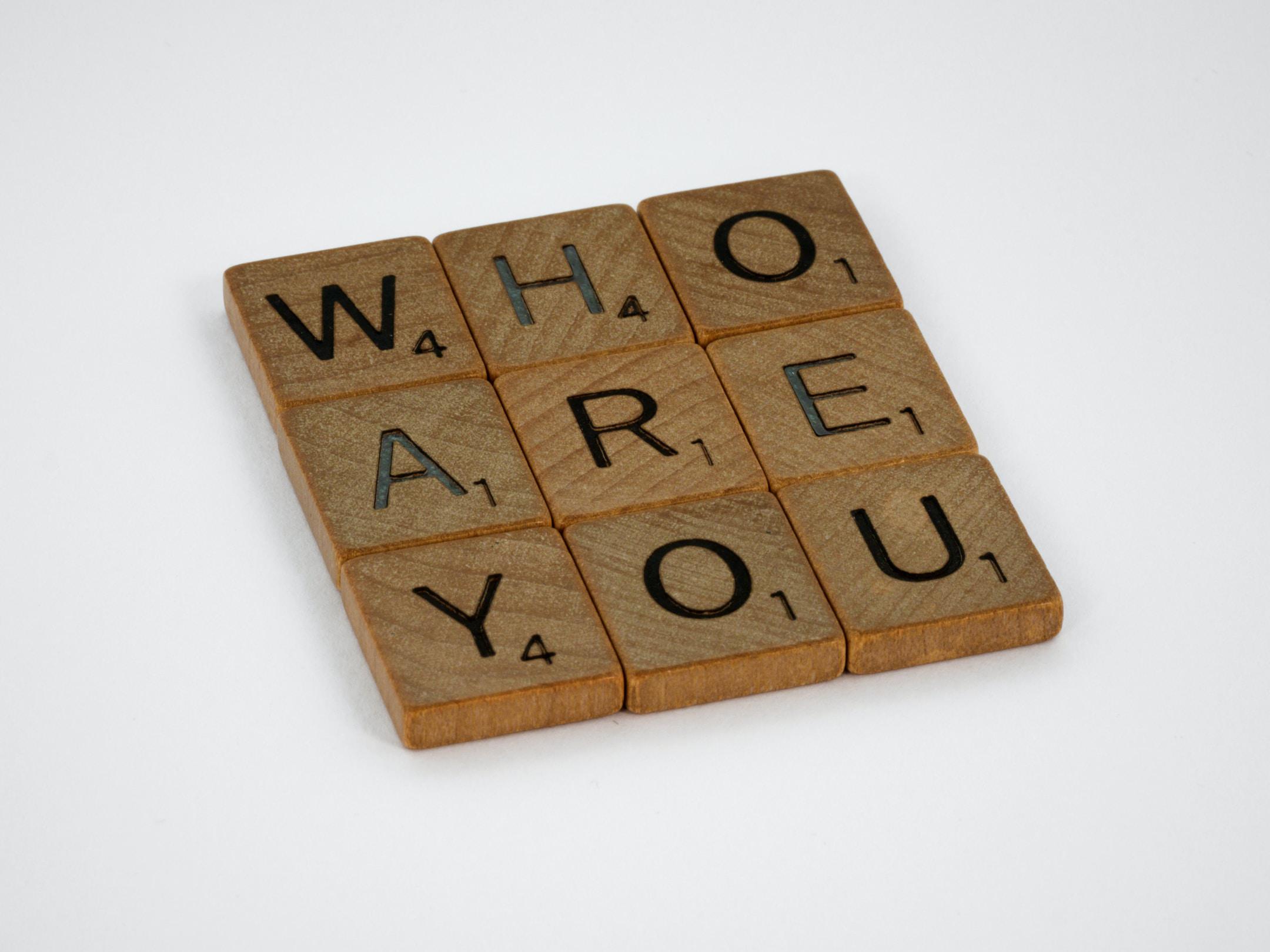
The Enneagram has become increasingly popular. I discovered this tool for self-development and self-understanding in 1996. At that time, few people had heard of it. Now, it seems like most people I run across know something about it. Many people have taken a quick quiz online and discovered that they are one or two types (I often hear I scored “second” or “third” highest in this number), and dismiss it as a personality typing system, quite similar to astrology. But the enneagram is so much more than a typing system.
The first part of our journey is about discovering our type. However, I often tell my clients, even if they don’t figure out their type right away, it doesn’t take away from the value of looking inward and asking ourselves some jolting questions about who we are. Who are we, really? Some people have studied the enneagram for years and suddenly realize they have been mistyped; yet still have managed to make tremendous growth even while thinking they were the wrong type. The growth comes not just from the typing system, but from our willingness to look at ourselves and look at the motives and needs underneath the behavior, in the exact same manner that we should always be looking underneath our children’s behavior and trying to figure out what their needs and motives are, so we can respond to them with the greatest amount of compassion. This goes for ourselves as well.
And then we finally land on our real type. Sometimes this happens immediately- for some, this takes years, and I know some people that still say “well, I’m either a 6 or a 9.” In any case, once we finally settle upon our type, it is going to be an exciting and jarring process. When I first discovered my type, I was overwhelmed by the fact that everything I thought was so unique about myself was in a book. It was all the “ordinary” things about myself that made me unique. I was beginning to recognize the lure of our ego; our personality tries to create a story that we feel is unique to ourselves, and we buy into this story; only later to realize that it is what is the least unique about ourselves. It is when we liberate ourselves from our personality’s fixation that we begin a journey of self discovery, and yes, we are all unique.
So in this sense, our type is not who we are, it’s actually who we are not. Our type is how we forget ourselves. Our type is- at best- an early step on the path towards self-discovery, but it is not our final destination by any means.
When working with clients I use these analogies: If you are in a situation that feels dangerous, it may make all the sense in the world to be on guard and ready to defend yourself. But if you are a certain type, it doesn’t hurt to always double check and ask yourself if you are really in a situation that requires a fight, or if it is your type. As a 4, when I am going through a difficult type, there are a variety of coping mechanisms I can choose from. While I am welcome to pick the coping mechanisms that resonate with me, I can always ask if this particular coping mechanism is something related to type- and if it is- it may not be particularly helpful. For another type, they may benefit greatly from listening to music and really getting in touch with painful feelings. For 4s, we may benefit more from journaling and helping us sort through what is really causing us pain, as opposed to using our imaginations or our intense feelings and immediate response to art to distract us from our feelings. Just like 7’s can distract themselves from what will bring them real pleasure through the use of faux versions of “pleasure,” 4s can distract themselves from real, fundamental sources of pain by distracting themselves with faux versions of “pain.”
This may sound quite heady and deep. It certainly is. I would love to help you understand more about the Enneagram. I am a certified IEA professional and have been certified to teach the enneagram. I am a licensed therapist, so not only can I provide therapeutic services, but I can provide quality instruction in the enneagram. And for those of you seeking hours towards your IEA certification, I would be happy to provide that.